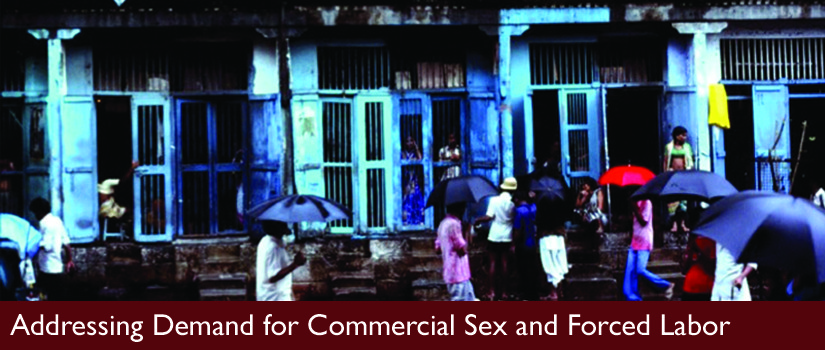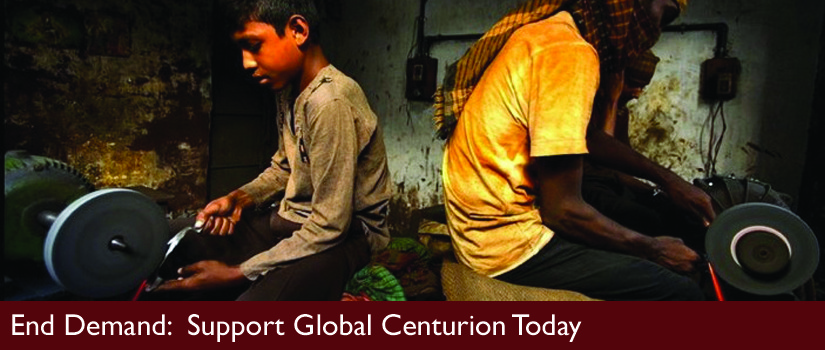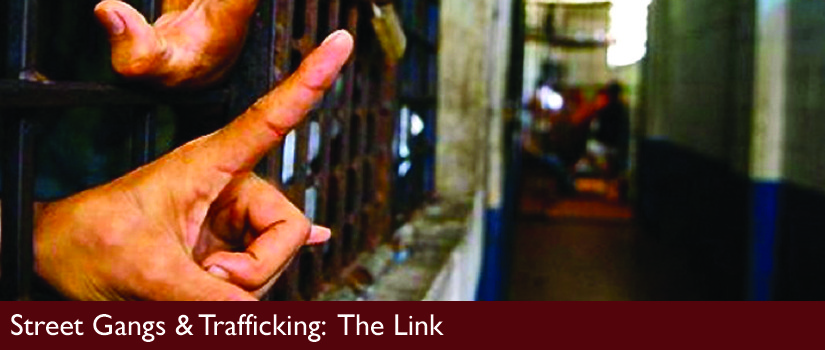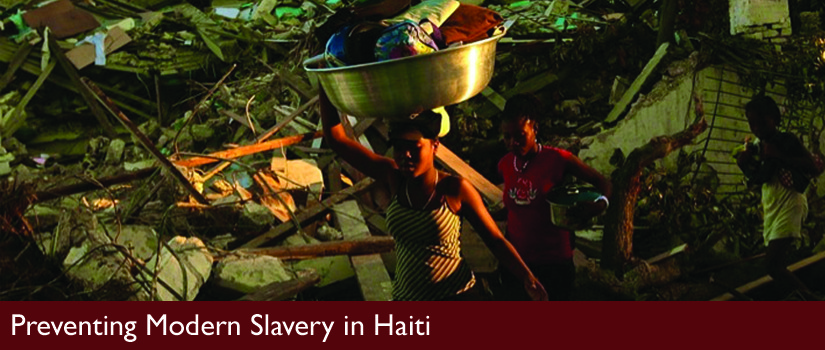Sexual violence in Haitian camps of the displaced, beyond the numbers
March 30, 2010Comments are closed.
By Chiara Liguori Caribbean researcher for Amnesty International
The risks are well founded. Thousands of displaced people are sleeping in public spaces in just one square meter or even less; women are obliged to bath almost naked under the eyes of the other residents and passers-by; children sleep alone at night because they are unaccompanied or their mothers are working outside the camps in order to feed them.
However, since the earthquake womens organizations have registered a drastic reduction in reported cases of sexual violence. The self-organized camp management committees confirmed to Amnesty International that sexual violence is not an issue and that security commissions to patrol the camps at night have been set up. Most of the women in the camps interviewed by us did not express concerns about sexual violence.
So what is happening we asked ourselves. Have we got it wrong? Have we over-estimated the risks? Or, is it that women are too scared to report? Are we talking to the right people?
It was Malya, one of the co-founders of KOFAVIV, a womens grassroots organization dealing with the medical and psychological needs of rape victims, who started to clarify the issue. Malyas house and office were destroyed in the earthquake, together with Eramithe, also a KOFAVIV co-founder, she is living in Champ de Mars, one of the biggest makeshift camps in Port-au-Prince.
In the absence of a centralized system for recording cases of sexual violence, grassroots organizations working in the camps are the only source of information. Living alongside women and girls in the camps, they are able to identify who needs help.
Margaret, a social worker for the organization Zanmi Timoun (Friends of children) has reached out to dozens of girls living in camps who have been victims of rape and incest either before or after the quake. We interviewed 5 of them.
The sadness of these girls, their low voices, their pains and their fears speak clearer and louder than any data or number. One of them is pregnant, another is afraid of being pregnant, some are terrified of being killed by their attackers. They look resigned and submissive. When we asked them what they want most in life, all of them assertively said they wanted to continue to go to school. One of them gave us a message to pass to the authorities: You need to protect the girls, because I dont want anybody to suffer what I have been going through.







